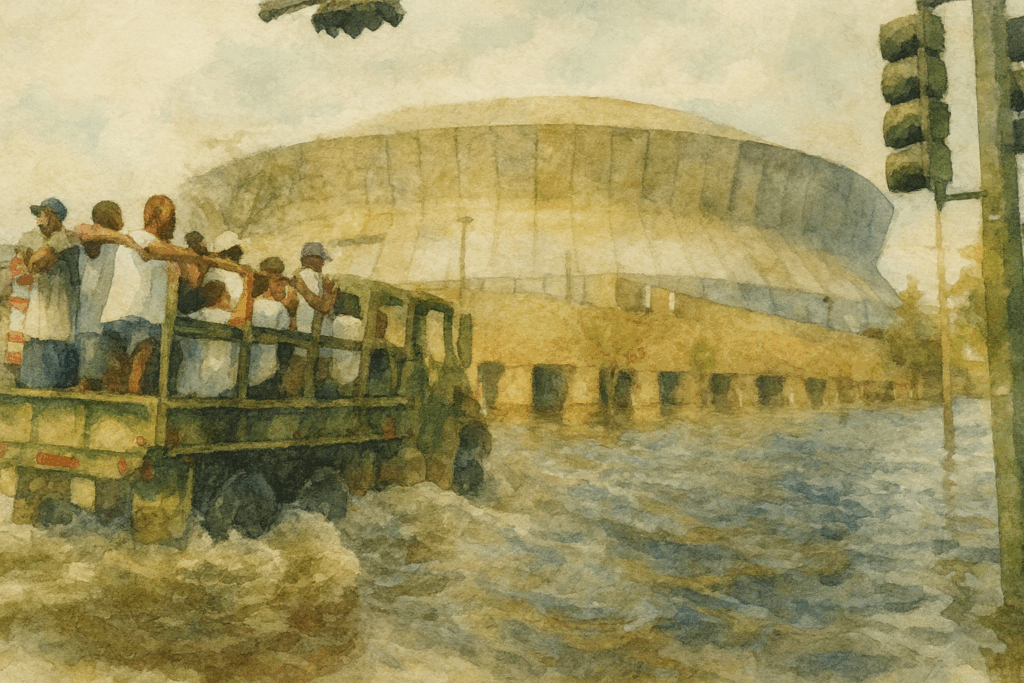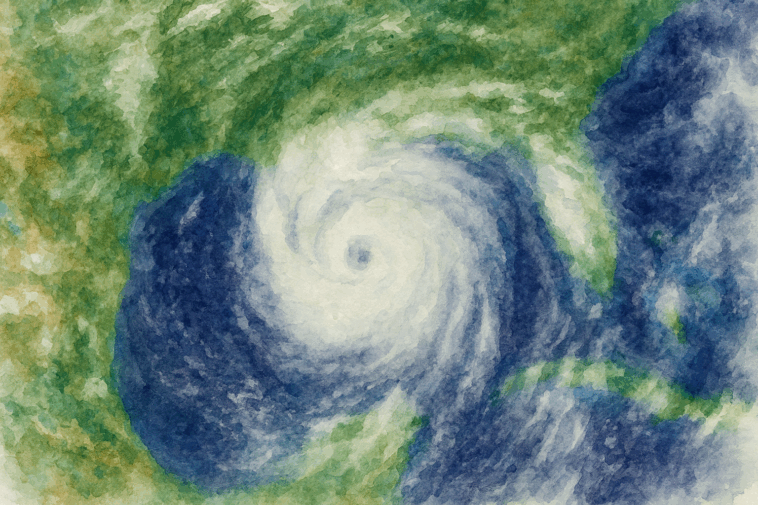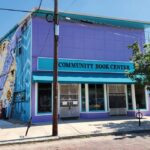Twenty years have passed since Hurricane Katrina, and yet in New Orleans, time doesn’t feel the same. In most places where tragedy has struck, the people have found a way to move forward. Scars remain, yes, but the city rebuilds, the skyline rises, and the future feels less haunted. But here? Here we are still living inside the remnants, still walking through the remains of that storm that tore our lives apart. For us, Katrina never really ended. It just settled into our everyday life.

I was fifteen years old when the levees broke. I remember being waist-deep in water that wouldn’t let go. I walked for three days through that city I called home, each step heavy with the weight of not knowing what came next. I stayed in New Orleans for seven long days, surrounded by chaos and silence all at once, before I was taken to Austin, Texas. In that moment, leaving the only place I had ever known, I didn’t realize I was also leaving behind the version of me that got to be just a kid. And this was the story for so many kids, children who lost not only their homes and their schools but their chance at innocence, forced to grow up before their time.
Austin forced me to grow up quickly. I was suddenly in a new environment, surrounded by strangers, stripped of the familiar, the corner stores, the sounds of brass bands, the family faces that grounded me. I had to adapt, to survive, to become someone who could navigate life without the safety net of home. Katrina stole my childhood and replaced it with responsibility. At fifteen, I had to carry what most people don’t face until much later in life. And to this day, every August, I’m reminded of that shift.
The hardest part is knowing that so many of us carry the same story. Twenty years later, there are neighborhoods still hollowed out, families still displaced, children who only know the stories of what their parents lost. Other cities bury their disasters under glass towers and fresh pavement. We still drive by boarded-up houses and boarded-up schools, reminders of communities that never fully returned. The wound never closed, it just kept bleeding into the present.
And yet, we’re still here. Still standing, still singing, still second lining, still cooking, still loving. New Orleans is built on spirit, on fight, on a heartbeat that refuses to be silenced. But that should never be an excuse for neglect. We deserve more than survival. We deserve a future where the next generation doesn’t have to inherit trauma as a birthright.
So what do we do? We start by telling the truth about what Katrina was and what it still is. We fight for policies that protect our neighborhoods, not displace them. We invest in schools, in safe housing, in infrastructure that can withstand the storms we know are coming. We demand accountability from those who profit off our pain but rarely stand in it. And we, as a community, have to remember that our culture, our music, our food, our joy, is power. It is what makes this city worth fighting for.
Twenty years later, Katrina is not just history, it is the present. But if we are bold enough, united enough, maybe the future will not belong to the storm. Maybe it will belong to us.



